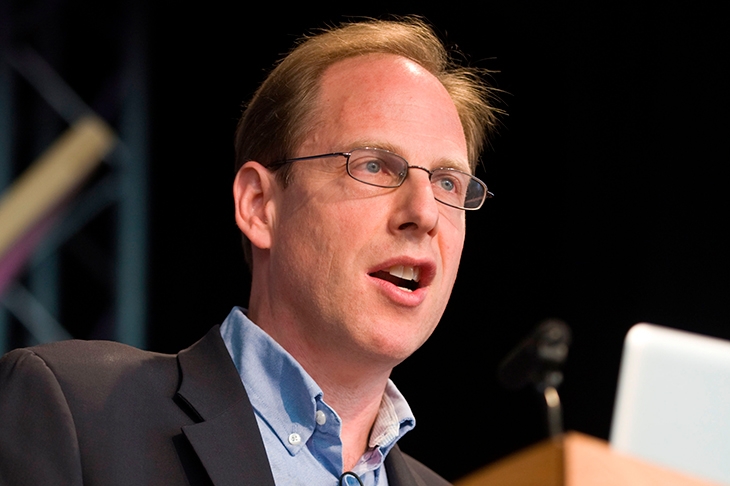An old, cynical adage holds that ‘if all you’ve got is a hammer, everything looks like a nail’. I remembered that aphorism while reading the new book by Simon Baron-Cohen, one of the world’s leading authorities on autism, in which he unpicks the instincts and processes that have driven human progress. His conclusion? The great engine of our advancement as a species has been autistic behaviour.
It’s a bold, rather startling claim. In this intriguing volume, the author explains that it is the habitual pattern-seekers who are responsible for human invention. These are people who display what he calls ‘the Systemising Mechanism’, which developed in humans around 70,000-100,000 years ago.
This way of thinking is encapsulated in a three-step logical progression, which Baron-Cohen calls the ‘if-and-then’ pattern — if I find the correct stone and I crack the edge off, then I have an axe. The systemiser will loop this process, refining and improving it — adding a handle, using a more durable kind of stone — until the outcome is a new invention. This evolutionary leap led to ever more complex tools, and ‘allowed humans alone to become the scientific and technological masters of our planet’. According to Baron-Cohen, this Systemising Mechanism is ‘turned up very high in the autistic mind… Humans who had minds with a Systemising Mechanism in overdrive were — and are — central to the story of invention.’
Autistic minds can spot patterns in data and systems that other people miss
This kind of systemised thinking applies not only to specific tools but also to widely applicable processes: if I plant 50 tomato seeds and I water them during the summer, then I will have a substantial yield. Loop this logical process enough times, and you have invented agriculture. If I look at the stars today and I look at them again in six months’ time, then I can measure their movements across the sky.







Comments
Join the debate for just £1 a month
Be part of the conversation with other Spectator readers by getting your first three months for £3.
UNLOCK ACCESS Just £1 a monthAlready a subscriber? Log in